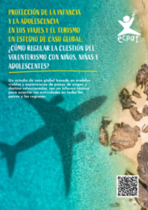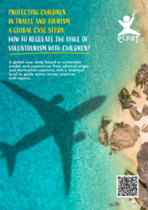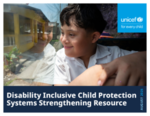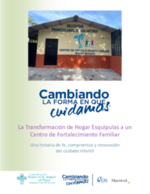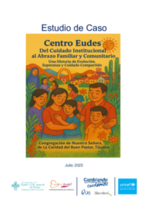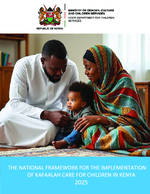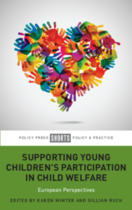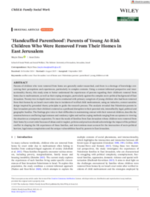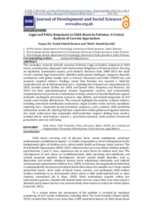PROTECCIÓN DE LA INFANCIA Y LA ADOLESCENCIA EN LOS VIAJES Y EL TURISMO UN ESTUDIO DE CASO GLOBAL: ¿CÓMO REGULAR LA CUESTIÓN DEL VOLUNTURISMO CON NIÑOS, NIÑAS Y ADOLESCENTES?
Este estudio de caso sobre cómo regular el volunturismo que involucra a niñas, niños y adolescentes se basa en el análisis de modelos viables resultantes de las experiencias de los países de origen y destino seleccionados que emprendieron iniciativas para abordar esta cuestión en los últimos años.

